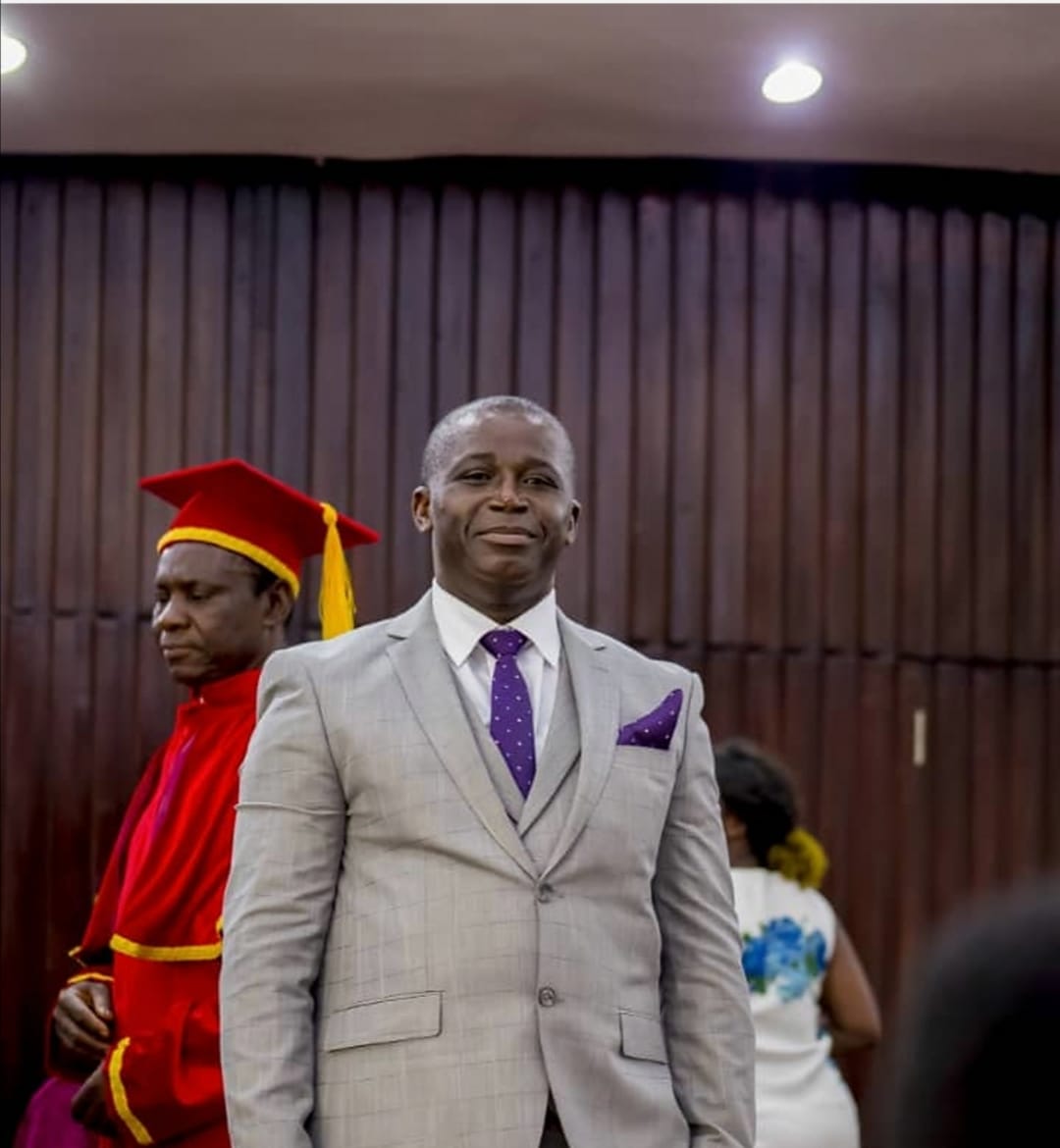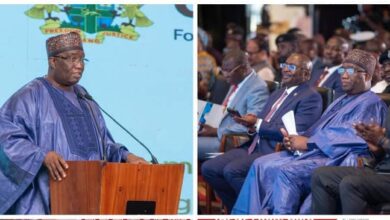Customs Urge Traders To Do Due Diligence Of Destination Countries Before Commencement Of Processes Under AfCFTA
An Assistant Commissioner of Customs Division of the Ghana Revenue Authority, in Charge of Tariff and Trade, and Responsible for Free Trade Agreements including AfCFTA, Fechin Akoto has advised importers and exporters who wish to trade within the African Continental Free Trade Area to first and foremost find out if the country being exported to is a party state which has ratified the agreement.
He said, it is also vital for exporters to also find out the tariff offers of the destination country in order to ascertain whether one’s exports qualifies for preferential treatment in the AfCFTA.
Speaking on Eye On Port on the Implementation Processes of AfCFTA Trading in Ghana, the Assistant Commissioner outlined some distinctions in the export processes under the African Continental Free Trade Agreement, in comparison to exports not under the AfCFTA.
Fechin Akoto said an exporter who wishes to establish under the AfCFTA, must acquire the various licences, permits and documents of all relevant regulatory agencies such as the certificate of analysis.
He said the exporter would have to complete and submit the African Continental Free Trade Area Exporter Registration Form where an exporter reference code is generated which would be used for all export transactions with Customs.
He said, exporters would have to apply for a certificate of origin, but this would be acquired after a joint inspection by Customs, the Chamber of Commerce, and Ministry of Trade has been conducted and it has been verified that products satisfy the requirements of rules of origin.
“Before you acquire the certificate of origin, we go ahead to look at the final product and the raw materials that go into making that product to make sure it qualifies under rules of origin,” he indicated.
“There is a clear distinction between this inspection and that of what the regulatory bodies would undertake. The regulatory bodies are looking for quality standards as required as well as that of the country of importation,” he added.
Fechin Akoto said the various elements for determining the rules of origin are complex. He said, that is why the Ministry of Trade designated Customs as the competent authority for Ghana due to possessing the adequate technical acumen in the harmonized commodity description and coding system.
He said the Customs Division of the Ghana Revenue Authority has the capability of delivering on that mandate, and has the back up of falling on World Customs if there is any need to seek clarifications.
The Assistant Commissioner of Customs Division of the Ghana Revenue Authority, in Charge of Tariff and Trade, said after the certificate of origin is acquired, exporters can proceed to process a customs export entry.
After, preparations can be made to cart goods to port of exit.
Fechin Akoto said, at the point of exit, the designated customs authority there would have to stamp and sign the certificate of origin which would make goods acceptable at the port of importation in the destination African country.
On the other hand, during imports, the Assistant Commissioner said an importer who wishes to take advantage of the free trade area, should ensure goods being imported fall within the 90% liberalized goods of the importing party state.
“ECOWAS common external tariff has 6, 129 tariff lines and the tariff offer schedules and modalities require that 90% of these 6,129 tariff lines which is 5, 560 tariff lines is liberalized. This means we’ll start dismantling tariff of these 5,560 lines immediately. Before you enjoy the preferential tariffs you should make sure that it falls under these commodities,” he elaborated.
He also entreated importers of such commodities to ensure that the goods are accompanied by a certificate of origin duly signed by the competent authority at the exporting country.
He said this should be accompanied by relevant documents like bill of lading, air waybill, commercial invoices, certificates of analysis and phytosanitary certificates on plant products.
Speaking on the same program, the Director in Charge of International Business Development at Kasapreko Company Limited, Francis Holly Adzah, attested to the smoothness of the export processes under the AfCFTA and expressed his outfit’s ambitions to capitalize on the Free Trade Agreement.
He said the incentives presented by the Free Trade Agreement means clients and importers in party states of products originating from Africa, and for that matter, of Kasapreko products will be motivated to buy more due to the duty reliefs.
“For us, this is welcoming news for us and we are going to take advantage of it to get to the huge market we were not able to hit in the past due to high duty,” he expressed.


